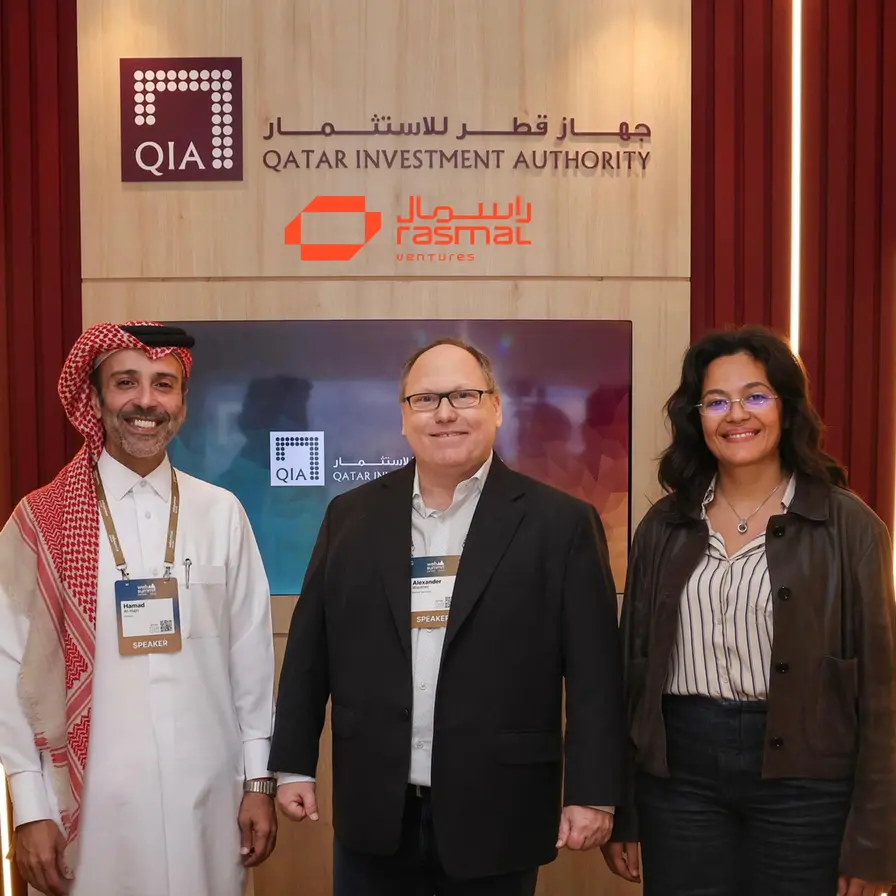Siemens will provide equipment and software for a microgrid at Sultan Qaboos University (SQU) that will improve power supply reliability and lower costs by combining electricity from solar, wind and battery storage. The microgrid at SQU is the first deployment of the technology for Siemens in the Middle East, and is the company’s first contribution in a new cooperation agreement with the university.
Siemens will revamp the existing microgrid setup in the Smart Grid and Protection Lab at the department of Electrical and Computer Engineering by adding smart grid features to it. This means that the grid – connecting renewable energy sources with battery capacity – will have intelligent control algorithms optimizing power production, storage and consumption in real-time. The project is the third phase of developing the Smart Grid and Protection Lab and is financed by Siemens and The Research Council. With Siemens smart grid features, students will be able to simulate different situations and monitor the grid behavior through a control panel.
“This project demonstrates Siemens’ commitment to Omani society by advancing knowledge of nationals in the Sultanate’s top university, while exemplifying integration of renewables in the energy mix and grid modernization,” said Claudia Vergueiro Massei, the Chief Executive Officer of Siemens in Oman. “We are proud to serve society, and to contribute to clean energy and to an energy efficient future in Oman.”
Microgrids are transforming traditional electric supply systems. Renewable energy sources like solar and wind, coupled with more stable and intuitive grid automation and control solutions, are giving rise to localized grids that can operate autonomously. This allows campuses, industries, or remote areas to operate their own grids, and can also accelerate the emergence of prosumers – or consumers who generate a surplus of energy and sell it in the microgrid or to the main grid, if it’s connected.
“The College of Engineering (CoENG) at SQU has worked jointly with Siemens to establish this important cooperation for industrial knowledge transfer through specialized workshops, research and development opportunities, capacity building and students’ training with a field work know-how. The CoENG will further coordinate for the dissemination of experience and industrial knowledge to SQU community,” said Dr. Hadj Bourdoucen, professor of Electrical and Computer Engineering and the previous Dean of CoENG. “The current Dean, Dr Nabeel Al Rawahi, strongly supports the collaboration as it will benefit the college staff and students and will be an excellent addition to teaching and research activities at SQU.”
Microgrids are expected to expand in Oman and across the Middle East. Some rural areas in Oman, for example, use small diesel generators to power communities. More renewable power capacity, along with stable, reliable and efficient microgrids can help these rural areas phase out some diesel power plants. Campuses, military bases, islands and industrial zones can also benefit from microgrids, which provide reliable, stable and sustainable power supply.
Siemens signed a Cooperation Agreement with SQU’s College of Engineering earlier this year. The agreement formalizes an existing relationship with SQU, and includes seminars with Siemens experts, summer internships, knowledge exchange activities and the contribution of the microgrid lab.
© Press Release 2020
Disclaimer: The contents of this press release was provided from an external third party provider. This website is not responsible for, and does not control, such external content. This content is provided on an “as is” and “as available” basis and has not been edited in any way. Neither this website nor our affiliates guarantee the accuracy of or endorse the views or opinions expressed in this press release.
The press release is provided for informational purposes only. The content does not provide tax, legal or investment advice or opinion regarding the suitability, value or profitability of any particular security, portfolio or investment strategy. Neither this website nor our affiliates shall be liable for any errors or inaccuracies in the content, or for any actions taken by you in reliance thereon. You expressly agree that your use of the information within this article is at your sole risk.
To the fullest extent permitted by applicable law, this website, its parent company, its subsidiaries, its affiliates and the respective shareholders, directors, officers, employees, agents, advertisers, content providers and licensors will not be liable (jointly or severally) to you for any direct, indirect, consequential, special, incidental, punitive or exemplary damages, including without limitation, lost profits, lost savings and lost revenues, whether in negligence, tort, contract or any other theory of liability, even if the parties have been advised of the possibility or could have foreseen any such damages.



















